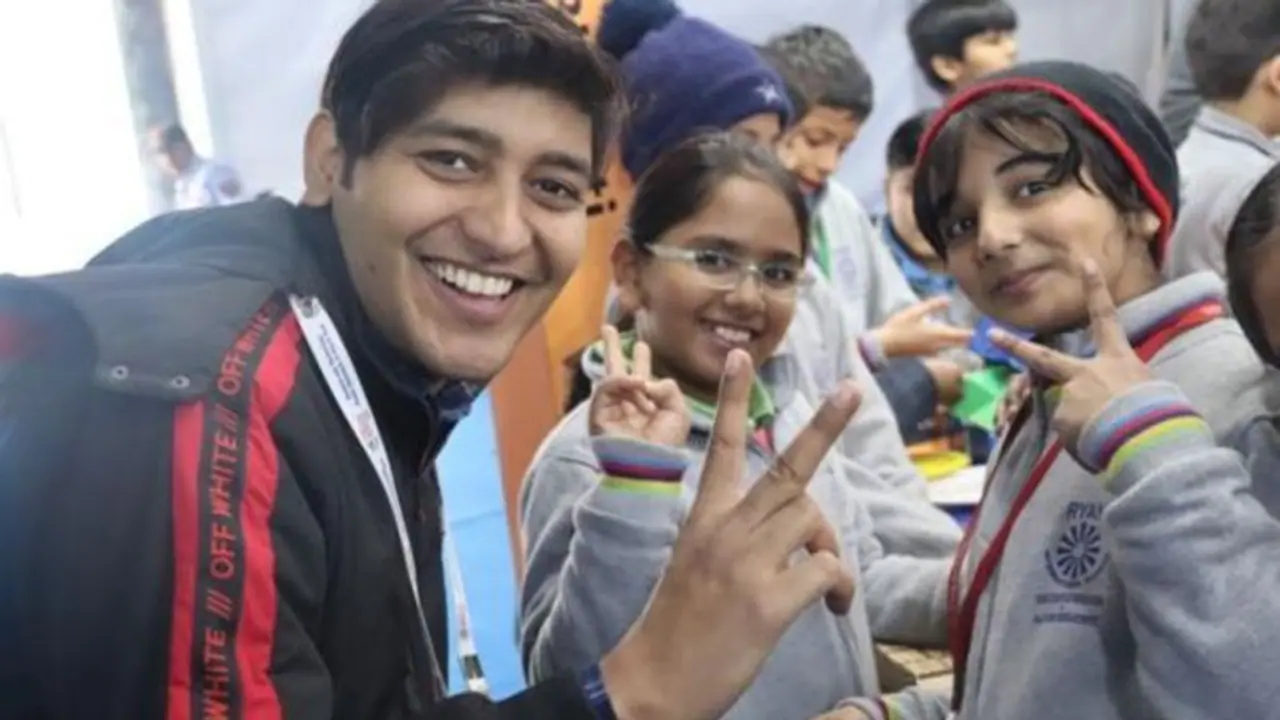Young scientist Gopal Jee is leading Team Kaizel from an Indian NGO for the NASA Human Exploration Rover Challenge (HERC), an annual competition organised by NASA.
The NASA Human Exploration Rover Challenge (HERC) is an annual competition organised by NASA to encourage research and development for future space projects. The initiative also aims to provide middle school and high school students with a learning experience and engineering skills and spark curiosity about space.
Groups from all over the world participate in the competition with their original ideas and designs to create lightweight, human-powered collapsible rovers for lunar or Martian surfaces. A total of 72 teams are participating from 13 different nations including seven teams from India.
The six teams are from various schools and colleges in India, but one team which stands out from the rest of the 72 teams is Team Kaizel, which is from an NGO in India.
This team of brilliant young minds is led by India's another young genius, Gopal Jee, a 24-year-old scientist from Bihar. He is known for his inventions, such as generating electricity from bananas and creating alternatives to plastic using banana pulp, which earned him praise from Prime Minister Narendra Modi.
Gopal Jee formed this team from his NGO, Young Mind Research and Development Organisation (YMRD). The funding was done by the M3M Foundation and the MThrim Foundation, allowing these little geniuses to showcase their ideas internationally.
Speaking to the media, Gopal talked about the struggles faced by his team and the difficult journey to ensure their spot in the HERC 2024. He also revealed the cost of the project which rounded up near Rs. 10 lakh.
NASA has previously offered Gopal several opportunities in the past, but he has rejected all of them as he aims to work for the Indian Space Research Organisation (ISRO).
Also Read: Everything you need to know about the geomagnetic storm that hit Earth and its effects
